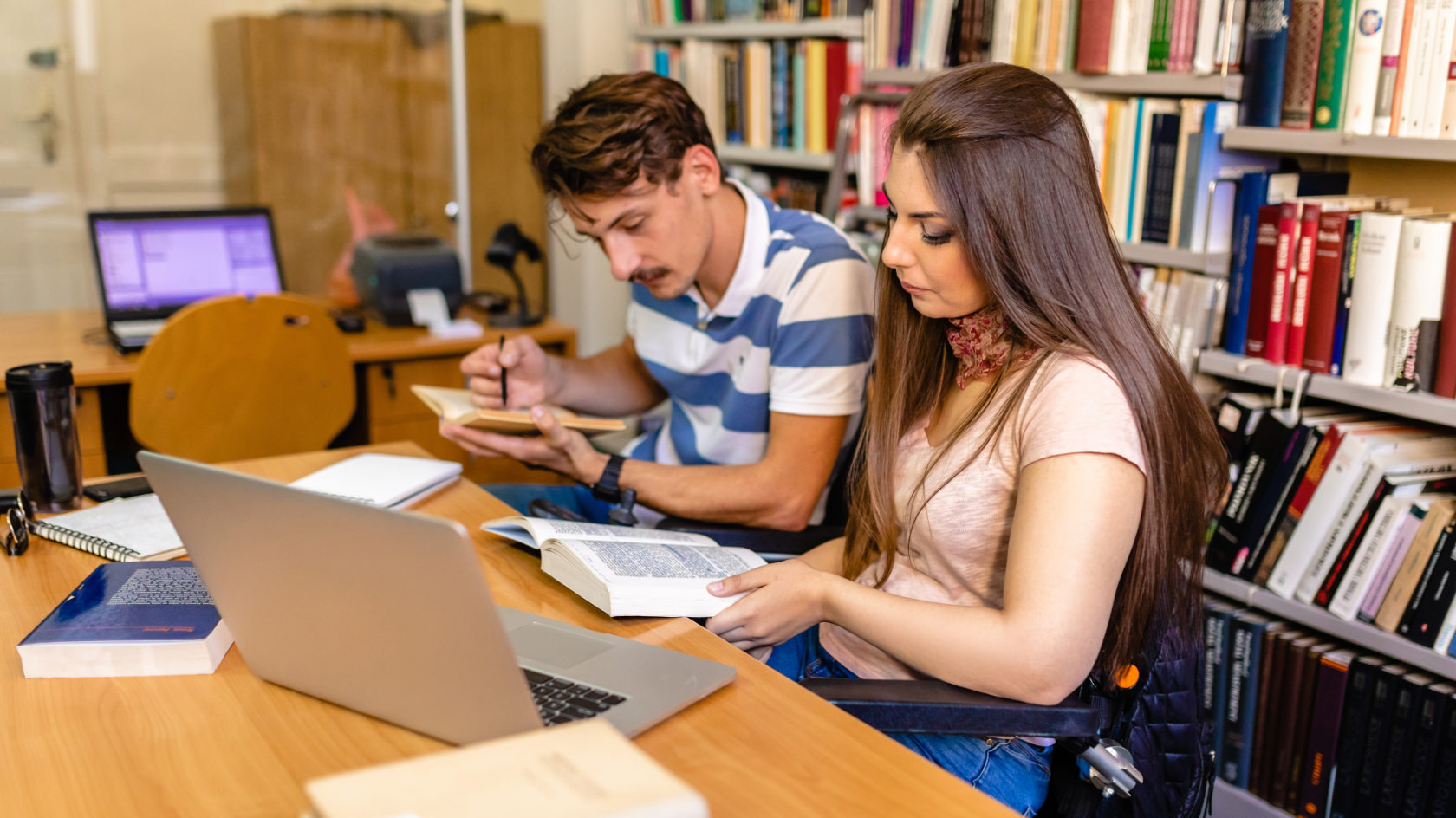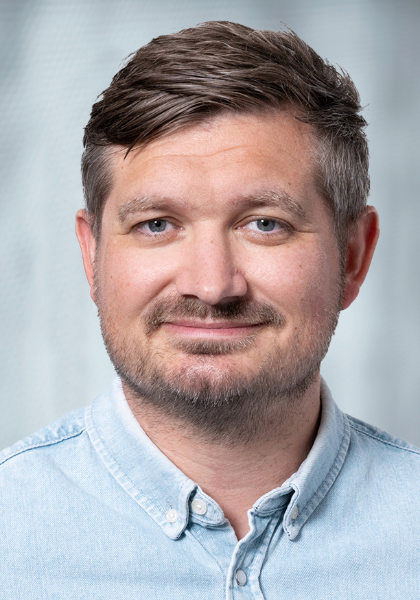Equal Access to University Life

The UZH Accessible project, which examines the current state of accessibility for UZH community members with disabilities and chronic illnesses, is nearing completion and will be presented at an event on 3 July. The action plans for the initiative’s two subprojects – accessible rooms and buildings and digital accessibility – are now available. The Office for Equality, Diversity, Inclusion (EDI), which examined cultural and organizational barriers at UZH, will also present its proposed measures.
Involvement from across the community
Five areas for action have been identified based on input from around 40 people representing the faculties, specialist and advisory offices, student associations, students with and without disabilities, the Disability Conference of the Canton of Zurich (BKZ), and the canton’s Disability Rights Coordination Office. Meetings and workshops with these stakeholders yielded a total of 18 measures to be implemented across the university. “The process involved a broad cross-section of the university community, and I am confident we are heading in the right direction,” explains Benjamin Börner, project manager from the EDI Office.

UZH will examine how well the adopted measures are working and modify them when required.
According to Börner, the university’s statutes and regulations need to be reviewed – and updated where necessary – in terms of their impact on the ability of people with disabilities to participate equally in university life. When developing new policies, he says, people with disabilities should be consulted from the outset to understand the potential impact. “This is a critical step in ensuring that new policies don’t create new barriers,” he explains. “Affected parties should have a clear understanding of these regulations and be able to reference them if needed.”
Raising awareness
There is also a need to raise awareness about accessibility topics among the UZH community and to communicate mandatory inclusion standards – for instance, through professional conferences, workshops and awareness events. Special training programs are also being developed for teaching staff, line managers and administrators who interact with people with disabilities as part of their roles; additional resources in terms of staff and funding are also being planned.
Barrier-free processes and services
Administrative processes need to be reviewed for accessibility to ensure equal access to academic programs and career opportunities. This spans enrollment, coursework and graduation as well as the hiring process, employment and departure.
The EDI Office provides advice and support on these topics – for example, when it comes to making necessary adaptations of workplaces and working conditions. This could involve the use of adjustable office furniture, home office arrangements tailored to individual disability-related needs or bringing a service dog to the workplace. Detailed information about the accessibility of UZH infrastructure is published and regularly updated on the online guide uniability.uzh.ch. People with disabilities can also use this platform to report any barriers that they have encountered. The EDI Office reviews these reports and passes them on to the relevant office(s).
The importance of monitoring
“UZH will examine how well the adopted measures are working and modify them when required. For this reason, it’s crucial that we set up annual monitoring and also release the results to the public,” notes Börner. This requires contacting UZH community members with disabilities for targeted surveys.
The question is how to ensure that the offices, departments and faculties actually implement the proposed policies. “Even though our faculties enjoy autonomy, they are still part of the university and as such are obligated to comply with requirements like the UN Convention on the Rights of Persons with Disabilities and cantonal accessibility laws,” says Börner. “Legal frameworks don’t enforce themselves. Implementing policy is a university-wide responsibility that cuts across disciplines. Collectively, we have the obligation to develop long-term solutions. We all have to participate and contribute.”
Accessibility is an ongoing commitment
The proposed policies for cultural and organizational accessibility at UZH are still awaiting official adoption. Then the implementation phase can begin. “I expect that we will be much further along in five years than we are today,” says Börner – even though everyone is aware that accessibility is an ongoing commitment.